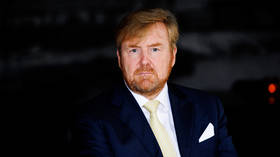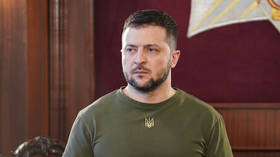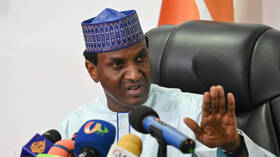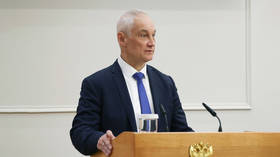Dutch King apologizes for Netherlands' role in slavery

The King of the Netherlands, Willem-Alexander, formally expressed regret for his country's role in the slave trade at an event on Saturday and asked forgiveness for what he described as a "crime against humanity."
The Dutch King spoke to a group marking the 160th anniversary of the abolition of slavery in the Netherlands, including its former colonies in the Caribbean.
“Today I stand before you. Today, as your King and as a member of the government, I make this apology myself. And I feel the weight of the words in my heart and my soul,” he said.
The Netherlands became a major colonial power during the 17th century, establishing a vast overseas empire that included territories in the Americas, Africa, and Asia.
Dutch slave traders operated along the west coast of the African continent, trafficking more than half a million people, according to the Slavery and Remembrance organization. They were shipped to the Caribbean and South America to work on sugar, tobacco, coffee, cotton, and cocoa plantations.
A new study commissioned by the Dutch government found last month that the House of Orange profited by around $600 million in modern terms from its colonies, where slavery was in place between 1675 and 1770.
King Willem-Alexander, during his speech, called the practice a "horror" and regretted that the royal family did nothing to stop it.
"Today, I am asking for forgiveness for the crystal-clear lack of action,” he said, adding that “of all forms of absence of freedom, slavery is the most hurtful, the most humiliating, the most degrading.”
The consequences of slavery "can still be felt today in racism" in Dutch society, he said, while acknowledging that not everyone would support his apology.
Late last year, Dutch Prime Minister Mark Rutte also apologized for the country's historical involvement in the Atlantic slave trade and admitted that his country profited from it.
According to a 2019 study published by the Dutch Research Council, slavery was a major economic driver in the Netherlands. The practice accounted for 40% of economic growth in the province of Holland alone between 1738 and 1780.













